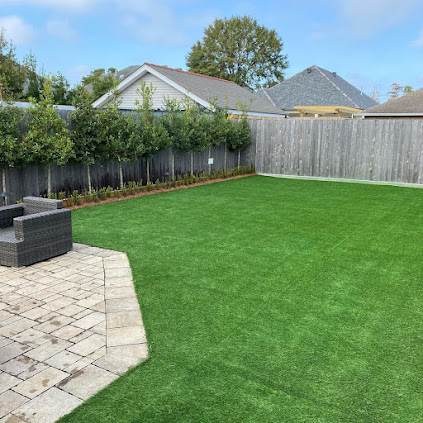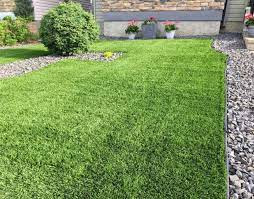Pros and Cons of Artificial Turf: Is It Right for Your Home?
Artificial turf offers several advantages and disadvantages for homeowners to consider:
Pros:
Low Maintenance: Artificial turf requires minimal upkeep, eliminating the need for mowing, weeding, and watering.
Durability: It withstands heavy foot traffic and is resistant to extreme weather conditions.
Water Conservation: Artificial grass conserves water, making it eco-friendly in regions with water scarcity.
Year-Round Appeal: It remains green and vibrant throughout the year, enhancing curb appeal.
No Allergies: Ideal for allergy sufferers, as it doesn't produce pollen or harbor allergens.
Cons:
Upfront Cost: Installation can be expensive, including ground preparation and quality materials.
Heat Retention: Artificial turf can get hot in direct sunlight, making it uncomfortable for play or relaxation.
Environmental Concerns: Some materials used in synthetic grass are not eco-friendly.
Lack of Natural Feel: It doesn't offer the same tactile and sensory experience as real grass.
Limited Lifespan: While durable, artificial turf may need replacement every 10-15 years.
The decision depends on your priorities, budget, and local climate, so weigh these factors carefully before opting for artificial turf in your home.




Comments
Post a Comment